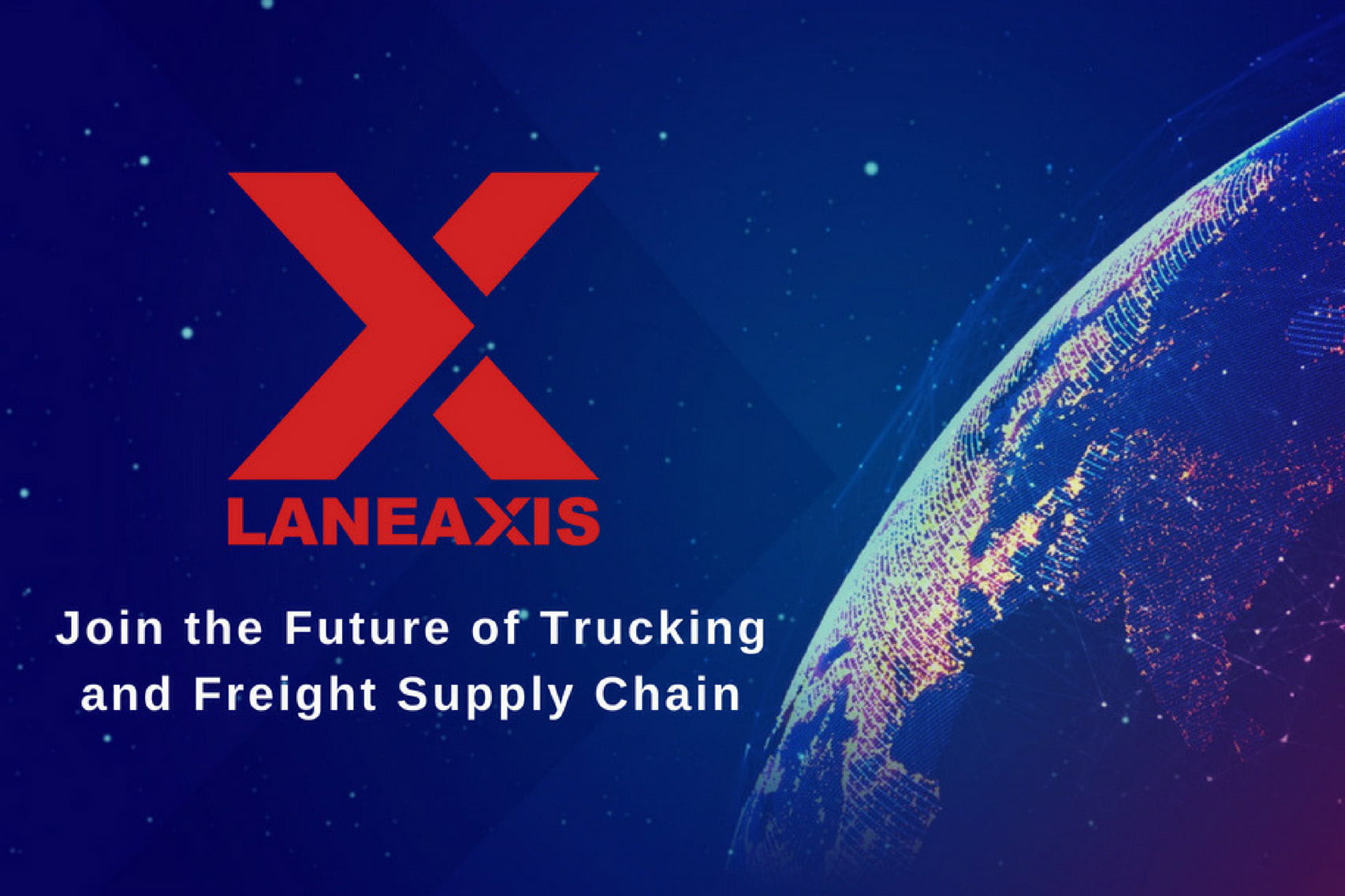Even if people only vaguely understand what cryptocurrency is, one thing they’re sure to associate with it is volatility. Early this September, after a rumor circulated that Goldman Sachs was abandoning plans to create a crypto trading desk, most cryptocurrencies took a nosedive.
Of course, the biggest news of the year so far is the collapse of bitcoin after it reached almost $20,000 at the end of 2017. Nevertheless, various articles appearing this summer in the likes of Forbes.com, Fox Business, CNBC, and others, cite studies that suggest up to 30% of millennials would prefer to buy cryptocurrencies over more traditional assets like stocks or even real estate. As blockchain technology becomes more standard, that percentage is likely to grow.
LaneAxis CEO Rick Burnett has some sound advice for people thinking about buying crypto: do your homework and only buy from established companies with solid business models you believe in.
“The bottom line,” argues Burnett, “is to pay attention to teams and ideas and products you believe in, that you care about, and that solve real problems. A sustainable business is a sustainable business. If you buy tokens from a blockchain company you believe in and that has already proven itself and its solution, chances are other people believe in them too, and the company has a better chance of long-term success.”
Burnett recommends people interested in cryptocurrency focus less on big news volatility in the cryptosphere and take a longer view, while considering the utility of the tokens they’re interested in purchasing. A 20-year trucking and logistics software veteran, Burnett suggests crypto buyers concentrate on three simple questions when contemplating buying tokens from a particular company: How big is the current market the company is working in, and what is that market’s growth potential? Is the company filling a void or addressing a critical need in its industry? And how many people could the company’s solution help?
LaneAxis is now launching the public sale of their own AXIS token, which begins September 21. Burnett is confident his company ticks all of the boxes that potential token buyers should be concentrating on when choosing tokens to purchase. The platform is a patented blockchain-based freight logistics solution aimed at the trucking industry.
Shipping and carrying is an industry that accounts for $800 billion in revenue per year in the US alone, and is expected to generate over $15 trillion globally by 2023. It is arguably the economic backbone of the entire planet.
One of the curiosities of the sector, however, is that its logistics technology remains stuck in 20 th century processes. Some trucking companies even use faxes to conduct business! Meanwhile, intermediaries like freight brokers and big corporations eat up the lion’s share of fees, leaving drivers underpaid and consumers shelling out more for goods than they need to.
By addressing all these issues, LaneAxis says its groundbreaking software will fill a huge void in the industry.
The open-ledger nature of blockchain technology is a natural fit for solving the problems that presently dog the freight sector, so predictably there are a lot of companies looking at integrating it into their own software solutions.
LaneAxis stands apart from its competitors because their platform is built first and foremost for the drivers themselves. The LaneAxis Driver Social Network (DSN) app layer is aimed specifically at creating a social and business network effect amongst drivers that will in turn attract others in the freight sector to the platform.
Burnett says customers will always need goods, so the freight industry will naturally continue to grow as the global population increases.
“As with any revolutionary technology, there are bumps along the road of early adoption and more than enough skeptics that will naysay it,” points out Burnett. “But like the emergence of the internet in the early 1990s, blockchain technology is now showing signs of widespread implementation. While the initial volatility in cryptocurrency may be intimidating to people interested in the technology, it’s important to note that the long-term trajectory for strong blockchain-based projects is definitely upward.”
Indeed, average citizens in countries like Venezuela already prefer cryptocurrencies for conducting everyday business – after witnessing their own fiat currencies collapse. It’s not difficult to see how utility tokens like LaneAxis’ AXIS token are likely to become part of day-to-day business as well, once the use of utility token use becomes more mainstream.
LaneAxis is firmly positioning itself on the road to one day becoming a household name.
You can learn more about LaneAxis and its token sale by visiting laneaxis.io

